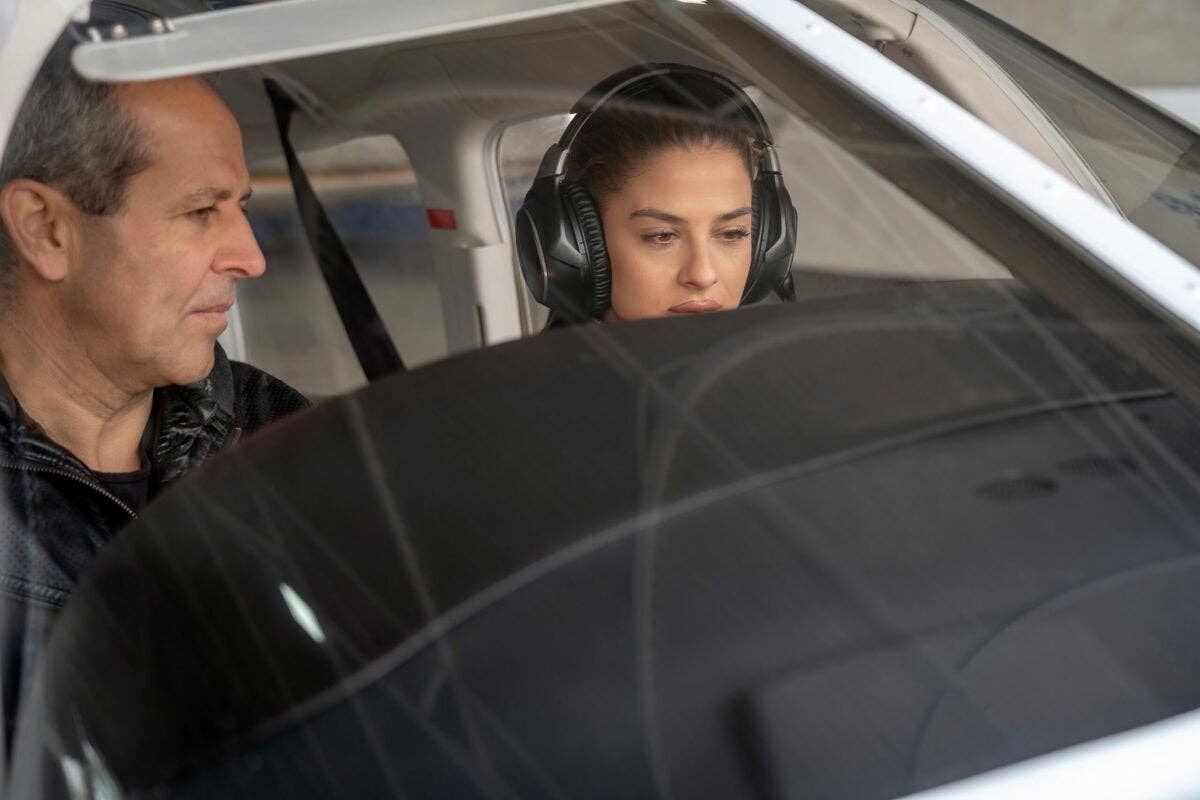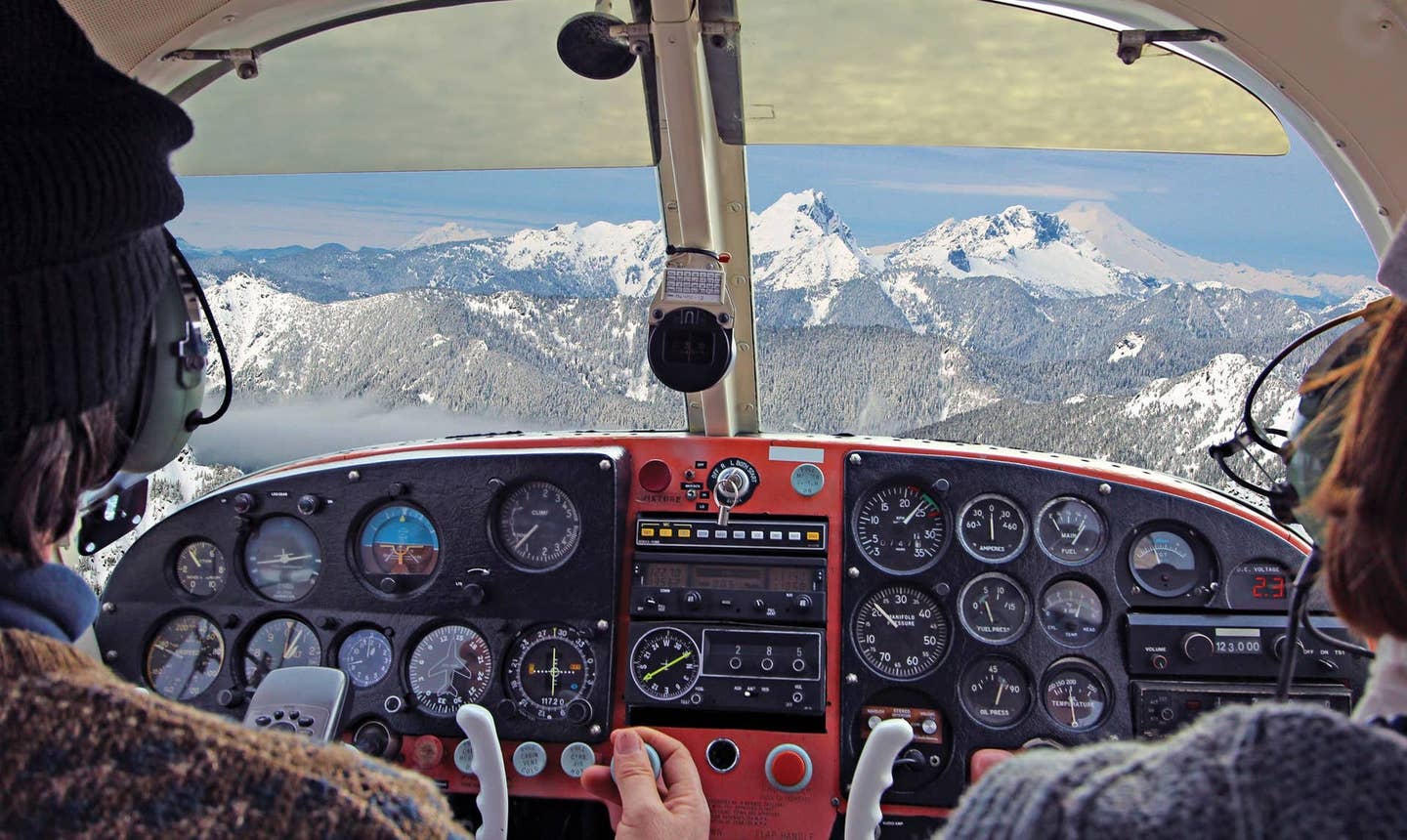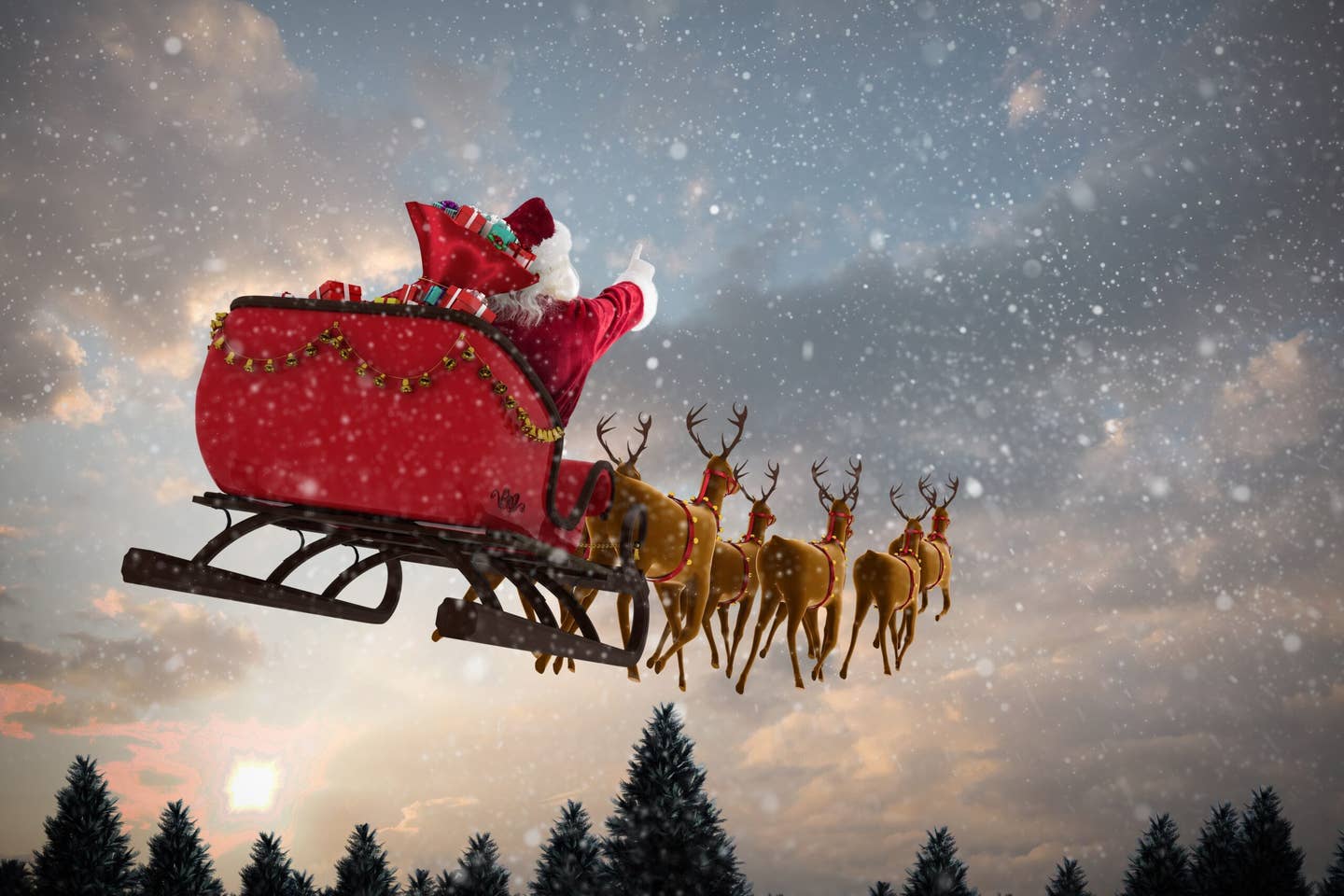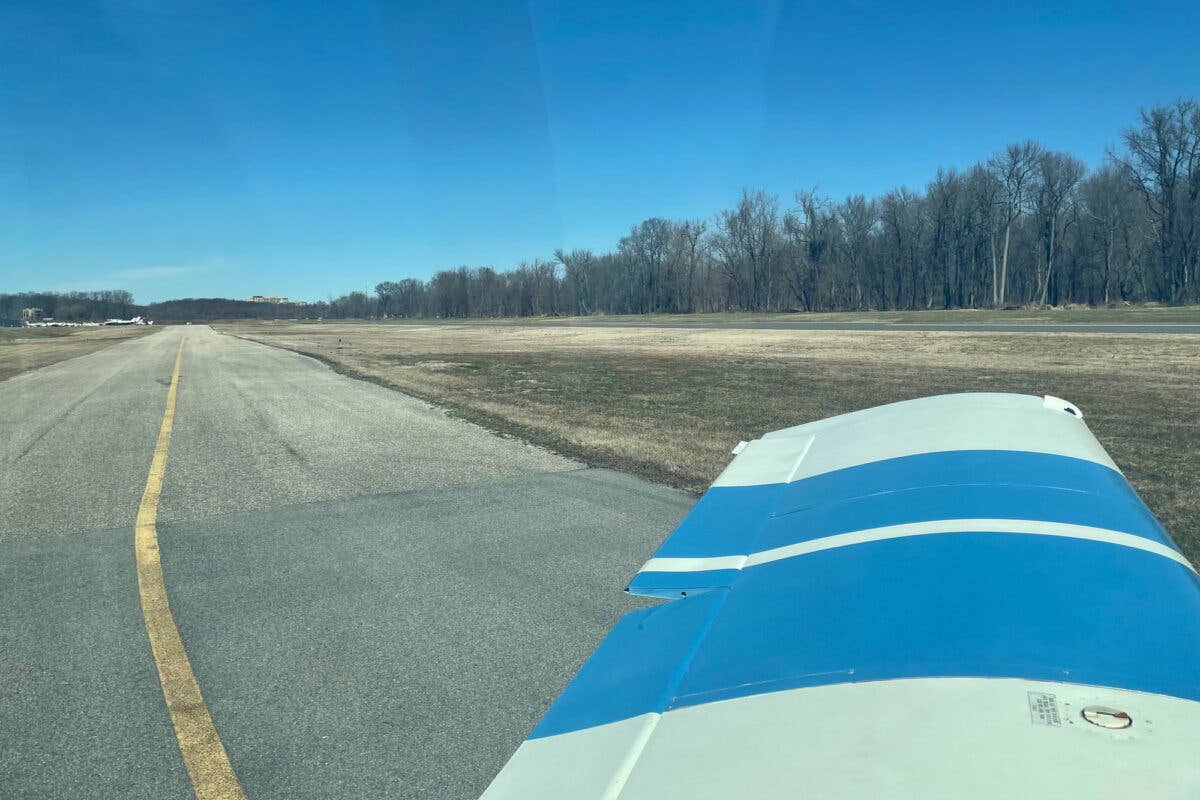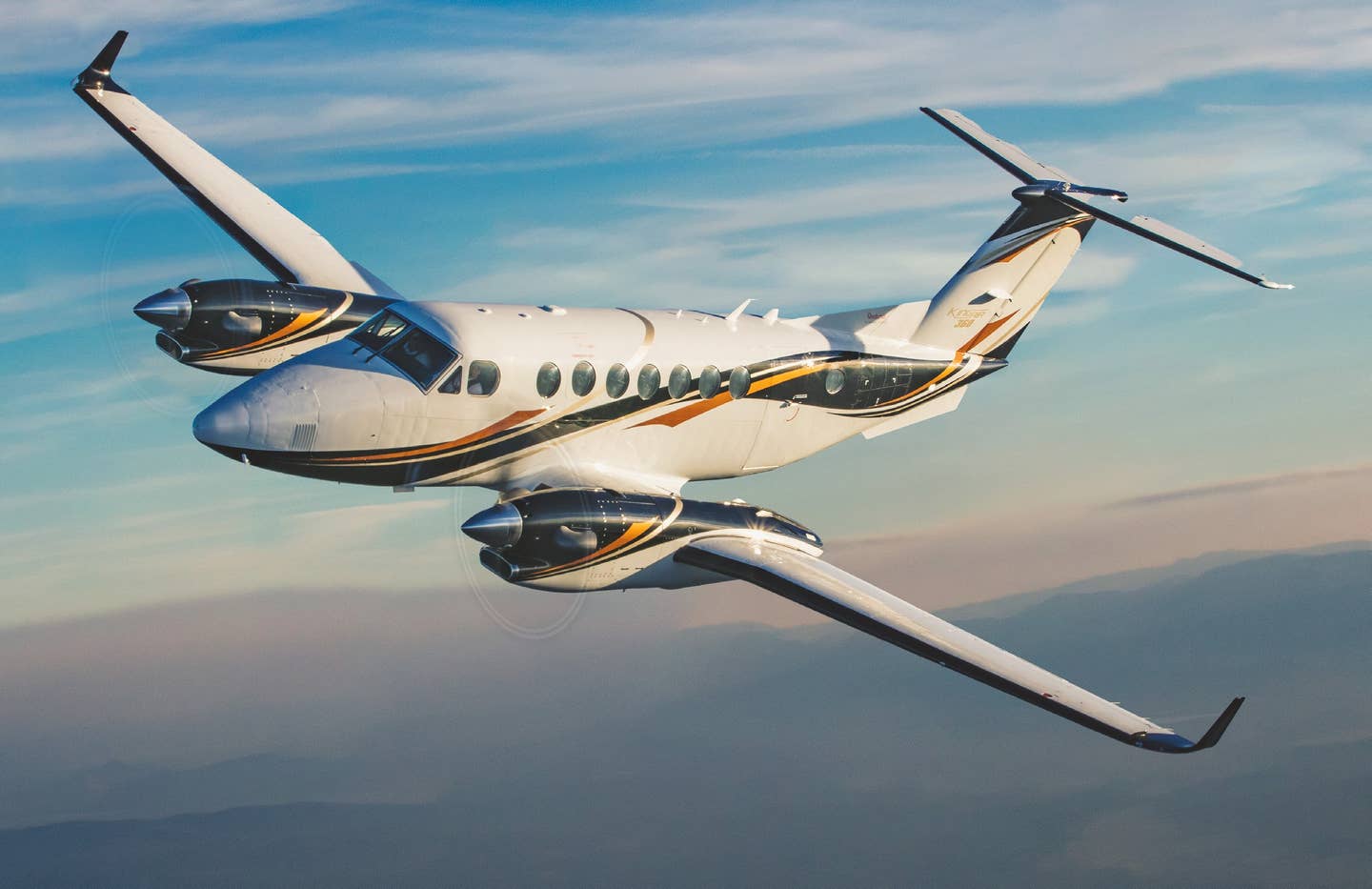
While most major airline pilots are older, white males, the tides are changing. istock/Guvendemir
A few days ago I met a young man who had just been hired by my airline. He just turned 25 years old, which means he was born in 1994, the very same year I started flying. He’s pretty clearly sharp as a tack, strongly motivated and a hard worker, which accounts for how he got himself to a major airline at such a young age and also what my employer saw in him when they hired him without the traditional requirement of turbine pilot-in-command time. If he stays healthy to age 65, and my airline stays in business and airliners aren’t flying themselves by then, he’ll retire in the year 2059.
This is becoming a rather commonplace occurrence at my airline, and all the other major U.S. passenger and cargo carriers besides. After a “lost decade” of bankruptcy, recession and career stagnation, the majors are suddenly hiring by the thousands — and we’re still on the leading edge of a massive wave of retirements.
The competitive hiring minimums have already fallen considerably. Five years ago I was near the “low-timer” in my class with 10,000 hours; now it’s not terribly unusual for gifted — and/or well-connected — candidates to get in with 2,500 hours.
For most of my career I’ve been “the kid.”
That’s clearly not the case anymore. The well-earned sailor’s belly and the recent smattering of silver hairs that Dawn points out with obvious relish show that I’m intractably slouching into middle age; meanwhile, the rather gray airline that hired me is becoming increasingly youthful. Several times on recent flights to Europe I’ve shared the Boeing 767 cockpit with relief FOs who looked to be barely out of college. For my generation, the landmark event of our youth was Sept. 11, 2001. Many of my new colleagues were still in elementary school at the time.
If the new transfusion of young blood has been noticeable to me, it has surely been a jolt to the system for the senior captains with whom I’m flying, mostly baby boomers enjoying the final golden years of long careers pockmarked by periods of turmoil and strife. Among these captains there are few more potent pejoratives than the word “millennial.” It is usually accompanied by a look of distaste and often preceded by an unprintable adjective.
So far as I can tell, none have used it to refer to me, at least not in my presence. (Although some demographers do include my 1981 birth in the first year of the generation, which is more often defined as those born between 1982 and 2001.) They seldom use it to refer to any specific cockpit crew, actually, even if one of the FOs is solidly within the generation. Rather, “millennial” is used as a dismissive shorthand for everything the captain dislikes about the world today, everything opposite of what he is — or at least, how he sees himself. Indeed, there are some notable differences between the newcomers and their captains.
Almost all of the captains I fly with are ex-military, which puts them in good company with roughly 40 percent of the men of their generation. The very last of the Vietnam vets are just retiring, so most of today’s captains started their careers in Reagan’s burgeoning peacetime military.
Many of them still look back on their service with a great deal of pride and nostalgia. Meanwhile, fewer than 4 percent of millennials have served in the armed forces. While the major airlines still recruit heavily from the military, hiring needs have well outstripped service separations, and new-hire classes are majority civilian for the first time since the Vietnam era. This alone constitutes a major cultural change in the nation’s airline cockpits, as pilots steeped in the traditions of military hierarchy are being replaced by civilians of a generation that strongly prefers flatter power structures, often to the point of what looks to their superiors like blatant disrespect.
Most airline captains today are white men. The new hires are much more noticeably diverse — not simply because the airlines specifically recruit women and minorities, but because women and minorities form a much larger percentage of the qualified candidate pool than they did only 20 years ago. Politically, older airline pilots are overwhelmingly conservative, not very surprising given their demographics and income bracket.
Though millennial airline pilots aren’t quite so liberal as their generational cohorts famously skew, I’ve found that they nevertheless tend to lean well to the left of their captains. There have always been quite a few LGBT airline pilots, but boomers are still usually pretty quiet about it, while most gay millennials are very publicly out of the closet. Millennials are less likely to get married than the boomers were at their age, and those who do are getting married and having children much later in life than earlier generations. The captains I fly with, meanwhile, are such big fans of marriage that many have given it a go two or three times!
These are broad generalizations, of course, which are fair to neither Captain Boomer nor First Officer Millennial. If the differences were really that big, considering the captains’ oft-stated distaste for millennials, you’d expect to see inter-generational fisticuffs erupting regularly in the cockpit.
Read More: Other Articles by Sam Weigel
It just doesn’t happen, and in fact most of the captains I fly with are effusive in their praise for the young new hires. (Sometimes within a few sentences of decrying today’s “whiny snowflake millennials!”) The reality is that for all the demographic and ideological differences, airline pilots of every age and stripe have a great deal in common, not just in job description but in temperament and ethic. The boomer airline pilots are much more like the youngsters than they’d like to admit. The rap on millennials is that they’re narcissistic, lazy, entitled and dependent on technology. Excuse me for saying so, but having shared the nation’s cockpits with baby boomers for 15 years, that sounds more than a little familiar.
The other thing is that the airline career itself, and the tough path required to get to the major airlines, is likely to weed out the millennials that conform to the generational stereotypes. Studies show millennials are at home in the gig economy, dislike being tied down to one particular job or employer and place a strong emphasis on schedule flexibility and work-life balance.
Airline pilots, of course, are basically wedded to one company for life, at least once they get to the majors, thanks to the seniority system.
With some seniority one can certainly enjoy schedule flexibility and a nice work-life balance — but getting there usually requires years of absolute commitment to training and flying at the expense of family, friends and pastimes.
As mentioned, I’m a bit of a “tweener” — born after Gen X, not always included with the millennials.
One big difference between me and those born a decade later is the degree to which mobile technology is integrated into our lives. (Why yes, I am typing this on a laptop computer connected to a mobile hot spot while on a sailboat in the Caribbean!) I grew up with computers and was quite a little Visual Basic/C++ nerd in my teens, but this was one aspect of my life that was separate from most others — including flying. The kids getting hired at the airlines today grew up with omnipresent smartphones and ubiquitous social media, and it shows. Millennials, here’s a piece of free advice on how to get along with your baby boomer captains: Put down the phone!
To be sure, you’ll fly with plenty of old timers who also seem to have the things glued to their faces, but when you do it, it’s confirmation of your generation’s inability to function without their idiot boxes. As a captain at my last airline, I had young first officers pull out their phones at really inappropriate times; one even acted completely offended when I told him to put it away.
My current airline has fired several probationary FOs over violations of our personal electronic device policy. One reportedly even answered a call during sterile cockpit on their first trip of operational experience! Do yourself a favor and wean yourself off it now. Your Snapchats and Instagram updates can seriously wait a couple of hours. Heck, leave it in your pocket when meeting the captain for layover beers and you might discover that the silver-haired, fuddy-duddy, nearly retired ex-Navy guy you’re working alongside is actually a pretty cool dude with some great stories from a rich lifetime of flying.

Sign-up for newsletters & special offers!
Get the latest FLYING stories & special offers delivered directly to your inbox

